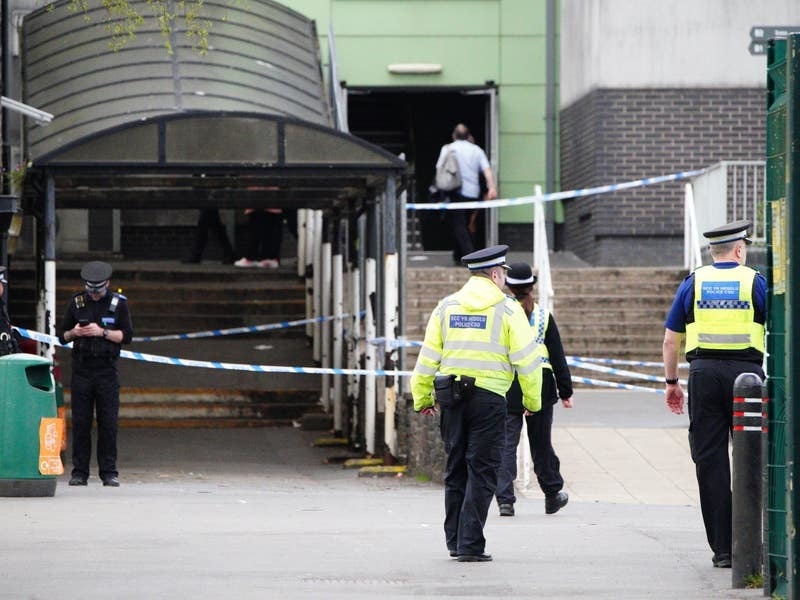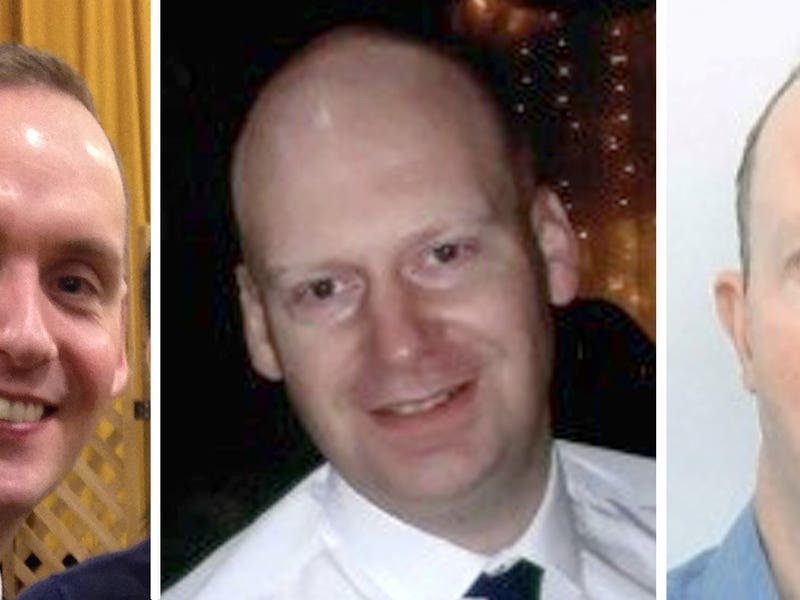A senior Zimbabwean opposition politician has been arrested while trying to cross into Zambia, his lawyer has said.
Tendai Biti, who was finance minister in an uneasy coalition government from 2009 to 2013, is a leading member of the opposition Movement for Democratic Change party.
His arrest comes amid increasing concerns over a government crackdown after last week’s disputed presidential election.
The Movement for Democratic Change has denounced the election win of President Emmerson Mnangagwa as fraudulent and vowed to challenge it in court this week.

“In a normal country Chamisa would be sworn in right now,” Mr Biti told reporters a day after the election.
God truly is in it . History has been made .
— TENDAI BITI (@BitiTendai) July 31, 2018
The Zimbabwe Electoral Commission has said it is illegal to announce results before its own official pronouncement.
Mr Mnangagwa was more restrained than the opposition during the vote count, saying only that the situation looked positive. However, some reporting in state-run media emphatically declared him the winner before the official results were out.
The opposition has seven days from the announcement of the official election results to file a court challenge.
Mr Chamisa’s lawyer Thabani Mpofu told reporters that they will file the challenge within the prescribed timeframe. That would push back an inauguration that Mr Mnangagwa’s administration had already planned for Sunday.
Mr Biti was named along with Mr Chamisa in a search warrant issued last week that said they and several others were suspected of the crimes of “possession of dangerous weapons” and “subversive material” as well as “public violence”, according to a copy of the warrant seen by The Associated Press.
I’m UNSHAKEN & UNMOVED. By God’s grace we WON. God’s promises are sure & true. Get ready to behold the NEW. Change is coming! I’m fortified by Job 19:25..For I know that my Redeemer lives, And He shall stand at last on the earth.#Godisinit.
— Nelson Chamisa (@nelsonchamisa) August 5, 2018
Police raided the opposition party headquarters a day after the military rolled into the capital, Harare, and dispersed protesting opposition supporters with gunfire.
The supporters were angry over the announcement that the ruling party had won a majority of seats in parliament and some were rioting. Six people were killed, including a woman vendor who was shot in the back.
International election observers and Human Rights Watch have condemned the violence and intimidation against opposition supporters that have continued into this week and have urged security forces to use restraint.
A week ago, Zimbabwe went to vote in the spirit of hope & freedom. The campaign & voting were blessed by the entire world. The final results were in line with polling & identical to the tallies of ZESN & other foreign monitors. A free, fair & credible election (1/3)
— President of Zimbabwe (@edmnangagwa) August 7, 2018
The violence that followed was regrettable & tragic. There is no place for violence in our society, and allegations of further incidents concern us all. Any claim supported by evidence will be examined and investigations are underway as we seek truth & justice (2/3)
— President of Zimbabwe (@edmnangagwa) August 7, 2018
We have much to learn from this seminal week in our history. Recommendations from the international community are welcome and will be implemented. Transparency and accountability remain paramount. And despite the naysayers, in this new Zimbabwe, freedom will reign (3/3)
— President of Zimbabwe (@edmnangagwa) August 7, 2018
Mr Biti, one of the most vocal critics of the government, had said months before the election that the Zimbabwean military was casting a shadow over hopes for genuine reform in the southern African nation.
He said that while the ouster of former leader Robert Mugabe was welcome, the military takeover that led to his resignation in November set a dangerous precedent for further involvement of generals in civilian affairs.
“The genie is out of the bottle,” Mr Biti said at a forum on Zimbabwe held in Johannesburg in late June.
“We had a coup in November,” Mr Biti said at the time. “We didn’t seek to understand what it meant and we didn’t carry out political reform to make sure that another coup does not happen.”






